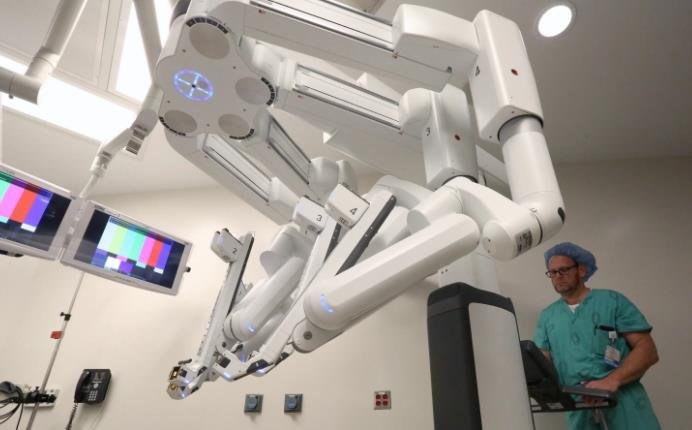Scalpels are one of the most essential tools for surgeons, but they are also one of the most difficult to master. The amount of force and precision required to make accurate incisions can vary depending on the type and location of the tissue, and the skill level of the surgeon. To help surgeons improve their technique and pave the way for robotic surgeries, researchers have developed a smart scalpel that can measure the force applied by the user and provide feedback.
A new sensing system for scalpels
The smart scalpel was developed by researchers at the University of Edinburgh, who published their study in the journal Communications Engineering. The device consists of a scalpel connected to a sensor-loaded circuit board fitted inside its handle. The sensors can detect the force and torque applied by the user, as well as the orientation and position of the scalpel.
The researchers designed a machine learning model that can analyze the data captured by the sensors and assess the surgical skill of the user. The model can also provide feedback to the user through a graphical interface or a haptic device, such as a vibrating glove.
The smart scalpel is a low-cost device that can be easily integrated with existing surgical instruments. It can also be used with synthetic materials that mimic the properties of human skin, such as gelatin and silicone.

A novel way to evaluate surgical skill
The researchers tested the smart scalpel by tracking 12 medical students and two surgeons as they performed a procedure known as an elliptical incision. This procedure is used to remove moles and skin lesions, such as melanoma, and involves making two curved cuts to the skin.
The researchers compared the data analysis of each participant’s skills with naked eye assessments made by four surgical experts – two neuroscientists and two plastic surgeons. They found that the sensor data could accurately reflect the skill level of the user, as well as their improvement over time.
The researchers also found that the sensor data could capture aspects of surgical skill that are not usually measured by traditional methods, such as the level of force applied. While force is known to be important in surgery, there have been few tools until now capable of measuring it in real-life settings.
A potential tool for training and robotics
The researchers believe that their smart scalpel could have several applications in surgical training and robotics. For example, it could be used to:
- Provide objective and quantitative feedback to trainees and instructors
- Monitor and evaluate the performance and progress of surgeons
- Create personalized training programs based on individual needs and goals
- Develop robotic devices that can perform surgeries autonomously or assist human surgeons
- Enhance tele-surgery systems that allow remote control of surgical instruments
The researchers hope that their smart scalpel will enable the development of new systems for skill assessment and training, and could one day lead to the creation of automated surgical devices that can assist surgical teams.
We are excited to develop this new system, which uses a combination of real-life sensing technology and machine learning methods to quantitatively assess surgical skill. This system will enable the development of new systems for skill assessment and training, and could one day lead to the creation of automated surgical devices that can assist surgical teams, said Dr Arturas Straizys from the University of Edinburgh’s School of Informatics, who led the study.
